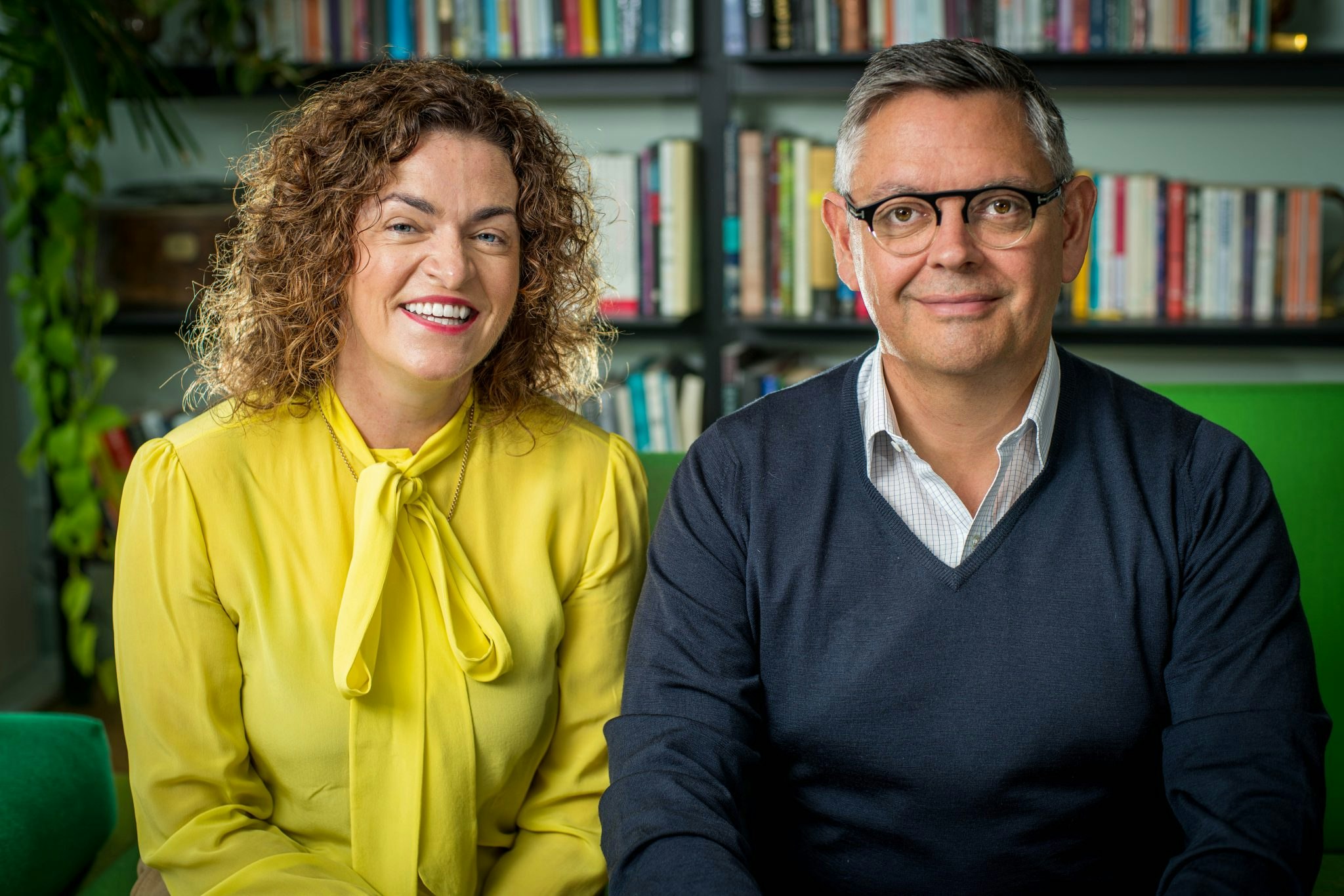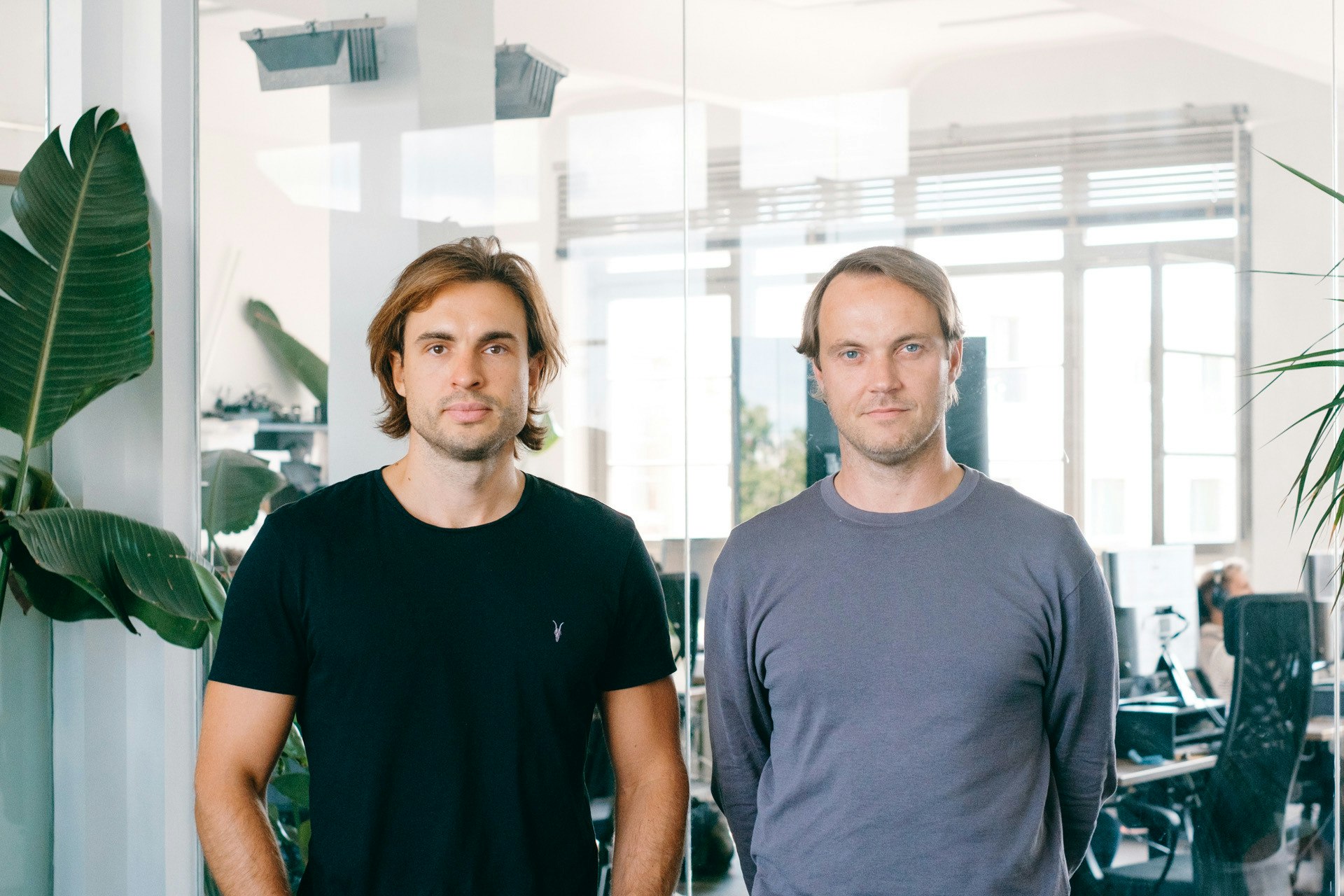While fingers are being pointed at agriculture for causing 30% of carbon emissions (according to the UN’s Food and Agriculture Organisation), some startups are coming up with ways of helping farmers change that.
One of them is Danish farming startup Agreena, which today announces a €46m Series B led by German-based VC firm HV Capital. The cash injection comes only one year after its €20m Series A.
Agreena is trying to incentivise farmers to adopt regenerative farming practices, and has developed a way for them to turn soil into a new revenue stream by trading in carbon credits.
The fresh cash will be used to expand into the western part of Europe and develop other possible verticals.
The problem with agriculture today
Using regenerative farming to tackle the human-caused greenhouse gas emissions that originate from our agri-food systems is a top priority for the Intergovernmental Panel on Climate Change (IPCC) and the EU.
The latest IPCC report, published last week, emphasised that to prevent the worst of the climate crisis, the world’s food and agricultural systems require significant transformation.
But that’s easier said than done.
Farming is a low-margin business, and it’s costly for farmers to adopt regenerative agricultural methods, which include minimising soil disturbance, using cover crops and crop rotations, reducing or eliminating the use of synthetic fertilisers and pesticides and integrating livestock into cropping systems.
Agreena’s solution
Agreena was founded in 2019 and has developed a platform through which farmers can earn carbon credits for turning their land into carbon sinks — naturally removing CO2 from the atmosphere and storing it.
Farmers input data on their land into Agreena’s platform, which gives a baseline understanding of the land’s quality. The farmer then plans for the next harvest and commits to certain actions, mentioned above, that increase the land’s carbon sink potential.
Agreena acquired UK-based Hummingbird Technologies last year to enable AI-based monitoring and verification by satellite imagery and NDVI algorithms. At the end of the harvest, verification from the air together with data from the ground determine the impact of the changes. Agreena then assigns a certain amount of credits to the farmer for the changes they’ve made to their land.
Those carbon credits can be sold on voluntary carbon markets (where companies rather than countries buy credits to offset their emissions). The credits give farmers on average a 20% boost in the profitability per hectare of land, according to the company.
To give farmers instant euro payments for their credits and make sure the market has transparency and reconciliation across the board, Agreena has partnered with ZTLment, the first regulated European payments institute built on blockchain to offer farmers smart contracts.
The investors
Apart from HV Capital, the startup is also backed by a number of other investors:
- Evergreen impact fund AENU
- UK fintech-focused VC Anthemis
- Swedish investor Kinnevik
- UK VC Giant Ventures
- Swedish family-office Gullspång Re:food
- Denmark's Export and Investment Fund
What’s next for Agreena?
Carbon offsetting prices are set to increase in the years to come — in Europe they are already the highest in the world. At the time of writing, they were set at €93 per tonne in the EU. So there’s a clear market with growth opportunities in selling them.
Since Agreena raised its Series A one year ago, it has scaled up its team from 30 to 140 employees and increased the land it covers by 10x. It now has more than 600k hectares in its managed portfolio of farmers using regenerative agriculture practices across 14-16 countries, with its main business in central and eastern Europe, according to cofounder Simon Haldrup.
“At a first phase, we're now looking to really consolidate in Europe and expand further across western Europe,” Haldrup says.
“But secondly is to go beyond carbon credits and get this regenerative group of farmers value from different income sources, whether that is better pricing for their grains, cheaper equipment or cheaper financing from the bank.”
Agreena isn’t alone in wanting to become the farmers’ best friend. It is one of the best-financed startups in the segment in Europe (having raised a total of around €70m), but faces competition from the likes of Soil Capital, a French-British startup, and eAgronom, an Estonian company. The biggest name globally is Indigo, an American startup that's raised $1.2bn in total including $360m in 2020.


